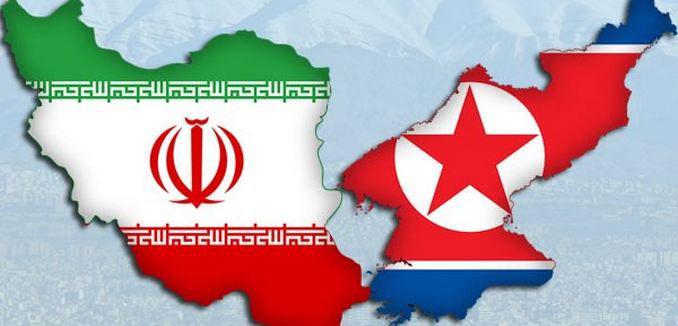Iran’s former ambassador to Ukraine and Egypt Akbar Qassemi has, in an opinion piece published by the Persian-language Vaghaye Ettefaqieh daily, weighed in on the ramifications of the crisis on the Korean peninsula for Iran. The highlights of the article follow.
In order to find out how much risk the North Korea crisis poses or whether its repercussions can impact serious global crises such as the ones in Syria, Ukraine and Yemen, one needs to address the following issues as far as the objectives of the crisis are concerned.
- Are the objectives of the crisis limited to North Korea’s interests, which means the official acceptance of the country as a nuclear weapons state by key international players?
- Regaining China’s different economic and political interests and objectives through managing the crisis amid US President Donald Trump’s violation of his commitments within the framework of bilateral and international relations, and taking into account the fact that the Chinese are seeking to take advantage of their political and economic geography to make the most of their transactions with Trump through their special snail-pace policy.
Chinese President Xi Jinping has very skillfully (by managing the utilization of different tools available in the crisis and by performing a balancing act) taken in its own hands the strategy of influencing Pyongyang until Washington’s submission. Another wonderful point is that North Korean ruler Kim Jong Un has secured two balance-making potentialities (one being the PD 250 engines for ballistic missiles and the other hydrogen bomb tests), taking his serious game from the Korean Peninsula to Los Angeles and New York. This way, he has transferred a feeling of real panic from the conflict on the Korean peninsula to South Korea and Washington, practically targeting the United States’ national security. In other words, Kim has effectively changed the balance of power in his own favour. Now, in contacts that Trump pleadingly makes with his Chinese counterpart, the Americans hope they will be able to talk Beijing into containing North Korea within the framework of the UN Security Council’s new resolution next Monday (a ban on oil exports to North Korea, a ban on imports of textiles from the country, seizure of Kim’s assets and expulsion of North Korean employees from all countries.)
Trump speaks of Beijing-Moscow cooperation with optimism. This comes as China and Russia have only agreed to a ban on the imports of textiles from North Korea, and Washington seems unlikely to be able to get its own way. Therefore, China and Russia will continue to have the upper hand over the North Korea case.
The crisis on the Korean Peninsula will practically create challenges and problems for the US in the first place, and on the international stage at the same time. This mentality of Kim has provided Iran with an ideal opportunity to take advantage of the JCPOA in October to counter the policy that Trump will possibly adopt. Most probably, the US government will adopt a policy of neither rejecting nor confirming the Iran nuclear deal, gradually setting the stage for undermining the agreement. To sum up, the North Korea crisis, in either case or a combination of both cases, will benefit independent countries, including Iran. Of course, the London-based newspaper Daily Telegraph, which is basically influenced by Zionist sources, runs reports which link North Korea’s issues to Iran in a bid to paint a black picture of the Islamic Republic. Accordingly, Tehran should remain vigilant in the face of such approaches.
